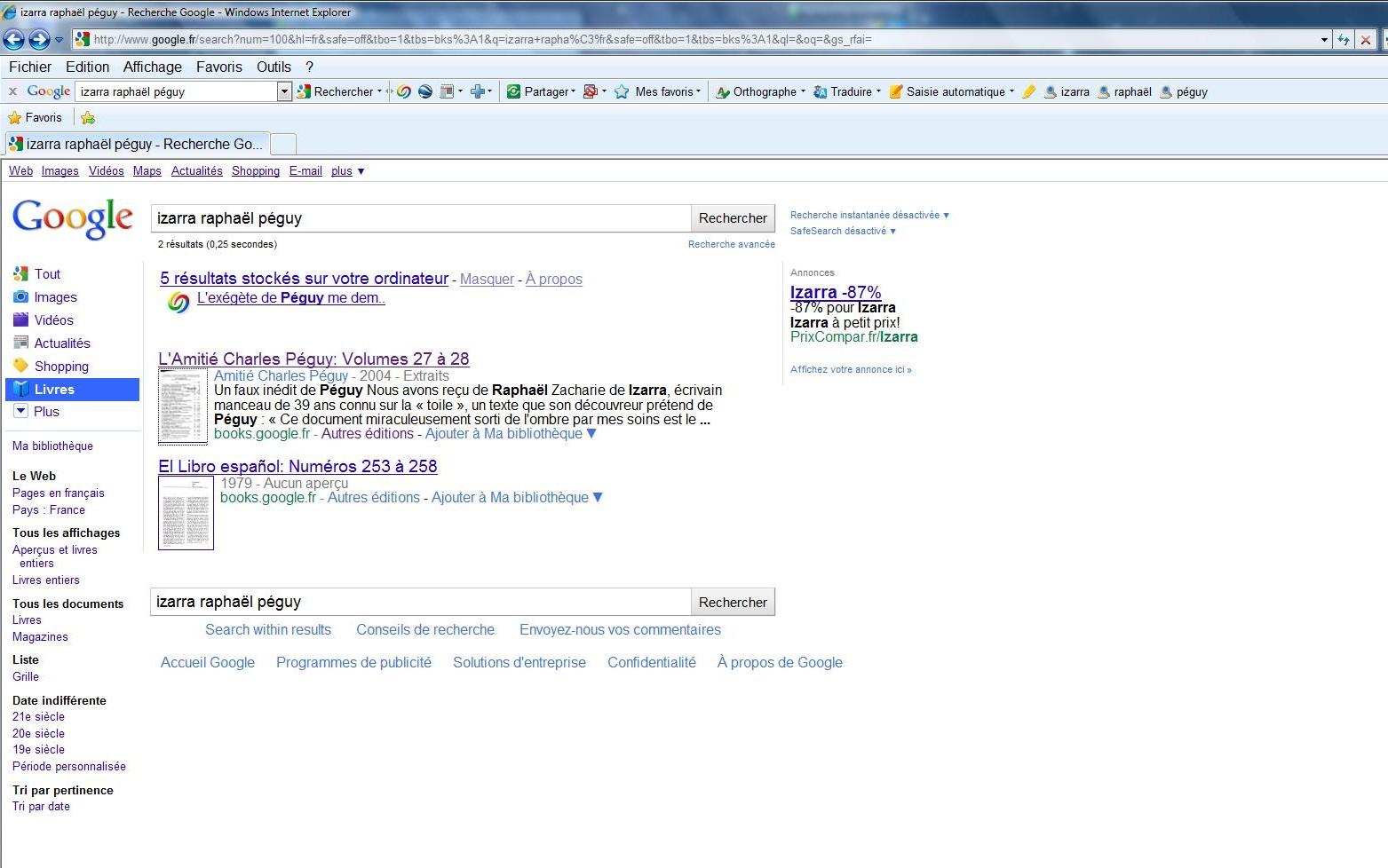Copy Folder Tree 1.0 For Mac
- Start in Single User Mode by holding down Command-S when starting the Mac.
- Commands can also be typed via Terminal app when OS X is running.
Copy Folder in Microsoft Office for the Mac with VBA. Below are two examples to copy a complete folder to another folder on your Mac. You can use it for example to make a backup. Note: The second macro will rename the folder with a Date/Time stamp. Both macros use the function FileOrFolderExistsOnMac that you find below the two macros.
See also: https://support.apple.com/en-us/HT201573
More tips: http://www.tekrevue.com/tip/mac-startup-options/
Terminal Command Workflow
- Type
diskutil listto view available drives - Type
diskutil mount /dev/disk1s2(Disk 1, Partition Scheme 2 - may be different on your Mac) to gain read/write access on that disk. - Type
cd /Volumesto switch current folder to Volumes where Mac OS lists all mounted drives. - Type
lsto list contents of Volumes folder. - Type
mkdirto create a new folder (on the USB drive) - The
cp -acommand copies files/folders from one path to another.
Walkthrough
Start in Single-User Mode by holding Command-S as mentioned aboveYou type ->diskutil list
/dev/disk0(Physical Disk #1: Macintosh HD)Mercedes ml350 owners manual.
/dev/disk1(Physical Disk #2: PIZZA_PIZZA_256GB)
You type ->diskutil mount /dev/disk1s2
You type ->cd /Volumes
You type ->ls
You type ->cd /Volumes/PIZZA_PIZZA_256GB
You type ->mkdir RecoveredFiles
You type ->cd RecoveredFiles
You type ->cp -a ~/Photos Photos
Which should copy the entire Mac Photos folder to /Volumes/PIZZA_PIZZA_256GB/RecoveredFiles/Photos
- An empty line after running the
cpcommand indicates success - Copy folder and contained files together using
cp -a /Source/FolderName /Destination/FolderName - Copy single files without the -a using
cp /Source/file.jpg /Destination/file.jpg - ~/Photos is the same as /Users/alex/Photos
More copying examples
You type ->cp ~/Photos/myphoto.jpg Photos/myphoto.jpg
You type ->cp -a ~/Documents /Volumes/PIZZA_PIZZA_256GB/RecoveredFiles/Documents
You type ->cp -a ~/Desktop /Volumes/PIZZA_PIZZA_256GB/RecoveredFiles/Desktop
Exit Single User Mode
You type ->rebootDownload mitsudomoe season 1 sub indonesia.
Mac will reboot normally
-->Local NuGet package feeds are simply hierarchical folder structures on your local network (or even just your own computer) in which you place packages. These feeds can then be used as package sources with all other NuGet operations using the CLI, the Package Manager UI, and the Package Manager Console.
To enable the source, add its pathname (such as myserverpackages) to the list of sources using the Package Manager UI or the nuget sources command.
Note
Hierarchical folder structures are supported in NuGet 3.3+. Older versions of NuGet use only a single folder containing packages, with which performance is much lower than the hierarchical structure.
Initializing and maintaining hierarchical folders
The hierarchical versioned folder tree has the following general structure:
NuGet creates this structure automatically when you use the nuget add command to copy a package to the feed:
The nuget add command works with one package at a time, which can be inconvenient when setting up a feed with multiple packages.
In such cases, use the nuget init command to copy all packages in a folder to the feed as if you ran nuget add on each one individually. For example, the following command copies all packages from c:packages to a hierarchical tree on myserverpackages:
As with the add command, init creates a folder for each package identifier, each of which contains a version number folder, within which is the appropriate package.
